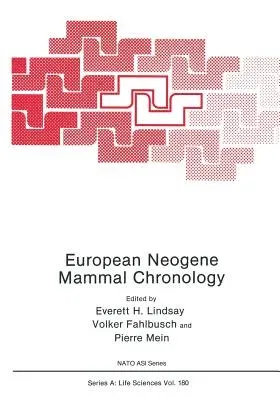European Neogene Mammal Chronology (1989)Paperback - 1989, 12 June 2013

Qty
1
Turbo
Ships in 2 - 3 days
In Stock
Free Delivery
Cash on Delivery
15 Days
Free Returns
Secure Checkout
Part of Series
NATO Science Series A:
Part of Series
NATO Science Series A: (Closed)
Print Length
658 pages
Language
English
Publisher
Springer
Date Published
12 Jun 2013
ISBN-10
1489925155
ISBN-13
9781489925152
Description
Product Details
Book Edition:
1989
Book Format:
Paperback
Country of Origin:
NL
Date Published:
12 June 2013
Dimensions:
25.4 x
17.78 x
3.43 cm
ISBN-10:
1489925155
ISBN-13:
9781489925152
Language:
English
Location:
New York, NY
Pages:
658
Publisher:
Weight:
1147.59 gm

